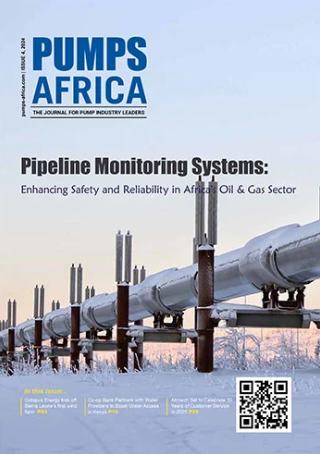China and Saudi Arabia have signed two financial agreements worth US $58.2m to fund implementation of several drinking water projects in Burkina Faso.
According to the agreement between the three countries, the Exim Bank of China will provide close to US$ 58m in the form of a concessional loan to strengthen the drinking water supply system of the cities of Tenkodogo, Garango, Bittou, and Bagré.
This financing will enable the construction of a drinking water plant with a capacity of 25,000 m3 per day by the Chinese Construction Engineering Company (CGCOC). The plant’s output will be stored in four reservoirs, then conveyed to the population through a distribution center that will be built in Tenkodogo, the capital of the Boulgou province and the country’s Centre-East region.
Read:US $13m Bomet water supply plan in Kenya kicks off
Well Drilling and Rural Development Programme
The project is scheduled to be completed within a period of 30 months from the day the construction works begin. Saudi Arabia on the other hand has agreed to provide US$ 365,934 that will be used by Projects House Engineering Consultancy and EDS International for the preparation and analysis of the tender documents, as well as for carrying out the studies and supervising all the work under Phase 5 of the Saudi Arabian Well Drilling and Rural Development Programme in Africa (PSFA).
Scheduled to run for 48 months, the PSFA will see 100 boreholes drilled and equipped with human-powered pumps and 10 drinking water supply systems (AEP) for the benefit of 65,000 people. The entire program is 93.64% financed by the Kingdom of Saudi Arabia for an amount of over US $5.6m.
Water supply and sanitation in Burkina Faso are characterized by high access to water supply in urban areas, while access to an at least basic water sources in rural areas – where three quarters of the population live – remains relatively low. An estimated one third of water facilities in rural areas are out of service because of a lack of maintenance. Access to at least basic sanitation lags significantly behind access to water supply.
Share





